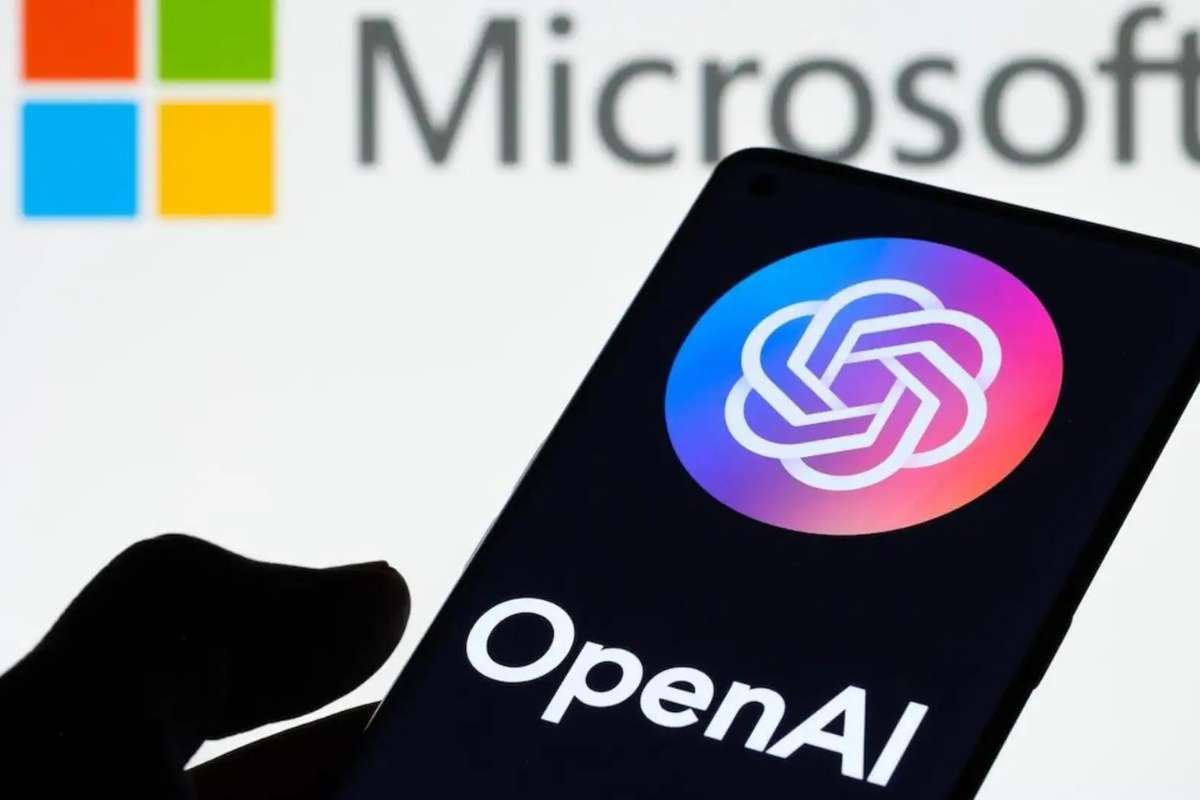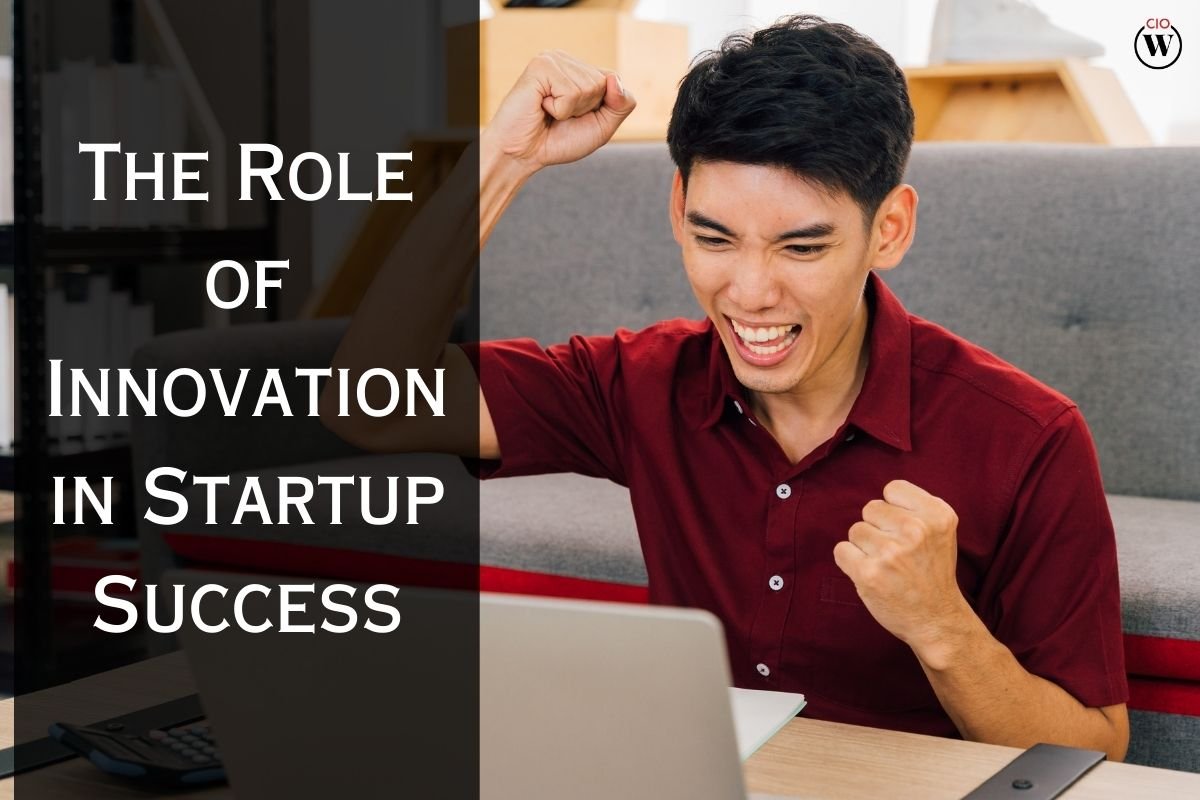Microsoft and OpenAI are reportedly renegotiating the terms of their multi-billion-dollar partnership, a move that could reshape one of the most prominent alliances in the artificial intelligence sector. According to a report from the Financial Times, Microsoft, which has invested more than $13 billion in OpenAI since 2019, may relinquish part of its equity stake in exchange for continued access to OpenAI’s advanced AI models beyond 2030. The current agreement, which includes exclusive cloud access and integration of OpenAI tools into Microsoft products like Azure and Office, is due to expire at the end of the decade.
This renegotiation comes at a pivotal moment for OpenAI, which is restructuring its corporate framework to balance profitability with broader public interest goals. The outcome of the talks could have significant implications not only for both companies but also for the broader AI landscape, as nations and corporations intensify efforts to dominate AI innovation.
OpenAI Faces Pushback Over Shift to For-Profit Structure
OpenAI’s restructuring journey has been anything but smooth. Originally launched as a non-profit in 2015 by Elon Musk, Sam Altman, and Ilya Sutskever, the AI pioneer has faced growing internal and external tensions over its transition to a for-profit entity. In 2024, OpenAI proposed a shift to a fully for-profit structure, prompting criticism from Musk and other early stakeholders. Musk argued the move contradicted the organization’s founding principles and raised legal concerns over the transformation’s validity.
Speaking at the New York Times DealBook Summit, Musk criticized the company’s current approach: “OpenAI was started and was meant to be open source. I named it ‘OpenAI’ after open source, now it is, in fact, closed source. It should be renamed super closed source AI for maximum profit AI.” These comments followed a $97.4 billion takeover bid led by Musk in February 2025, which was promptly rejected by CEO Sam Altman.
OpenAI Shifts to Public Benefit Corporation Amid Investor Pressure
Facing mounting criticism and a failed acquisition attempt, Microsoft and OpenAI announced on May 5, 2025, that they would abandon their pursuit of a traditional for-profit model. Instead, the company plans to restructure as a public benefit corporation (PBC), a hybrid model that allows profit-making while committing to legally binding public interest goals. This new structure will be overseen by a non-profit entity, potentially appeasing stakeholders who were concerned about the firm’s direction and transparency.
The proposed changes to Microsoft and OpenAI governance and ownership model could play a crucial role in their ongoing collaboration. As the AI arms race accelerates, these developments highlight the complex balancing act between innovation, profit, and ethical responsibility facing major players in the industry.
Explore more news in our CIO Women Magazine.









